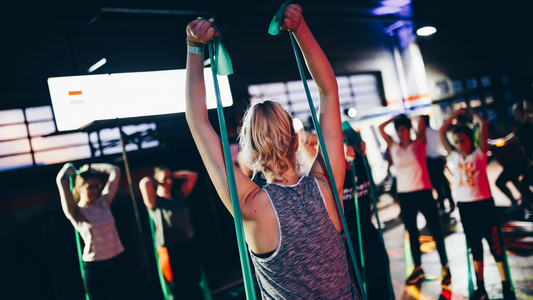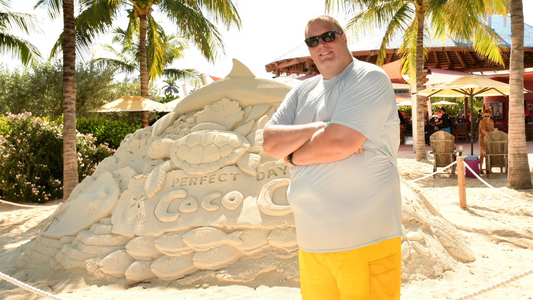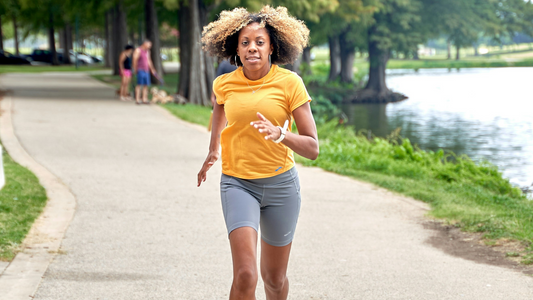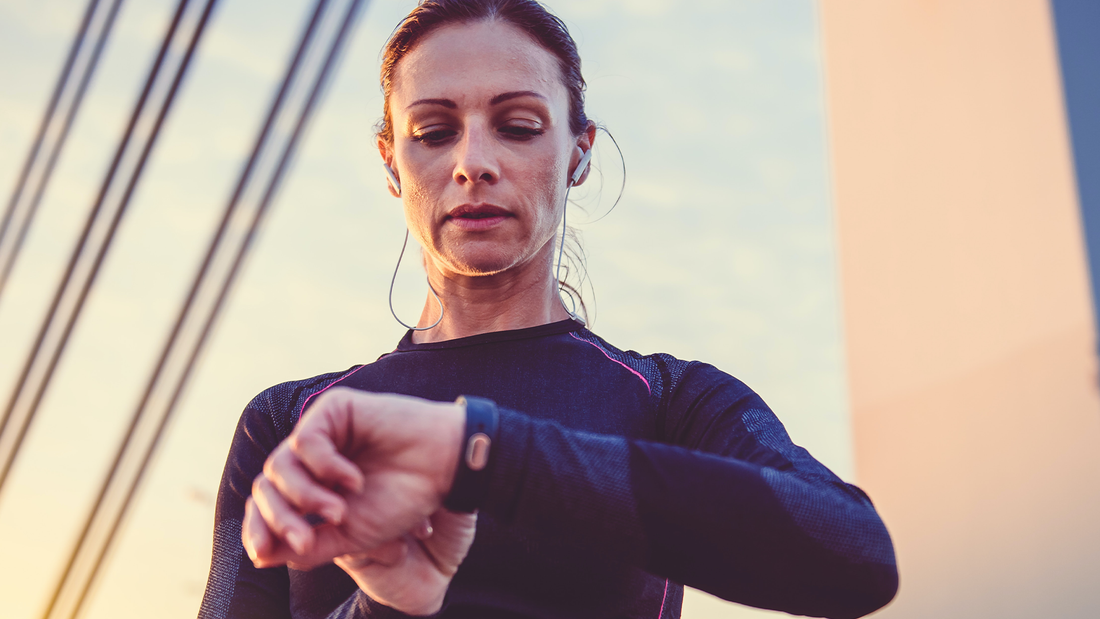
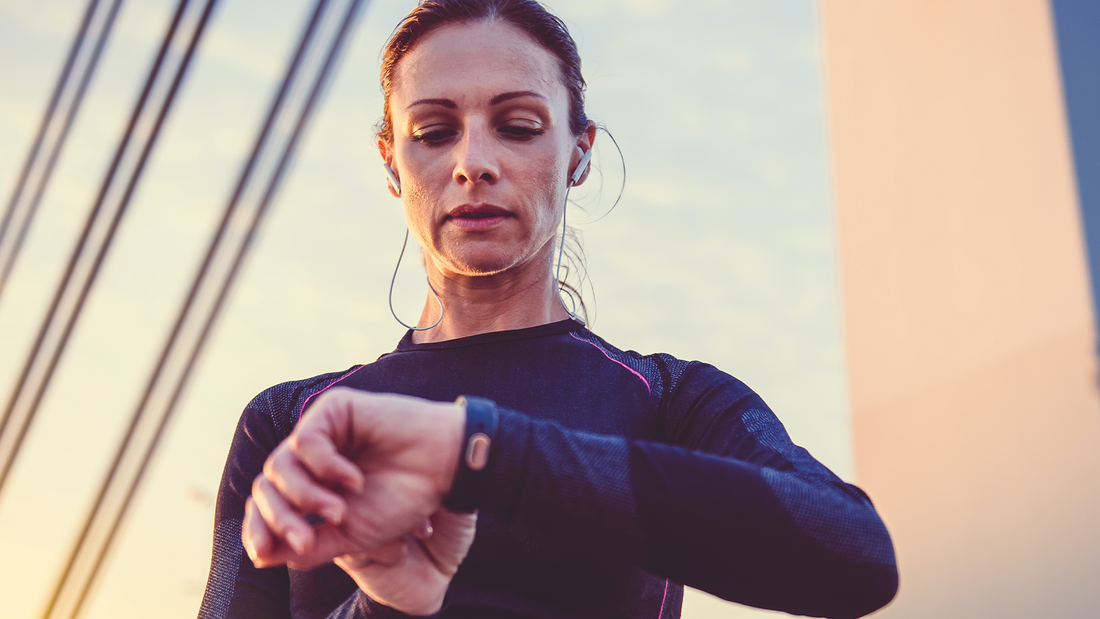
How Long Before Working Out Should I Eat?
If you care about fitness, there’s a good chance you prefer to eat nutritious foods for breakfast, lunch and dinner. You know that meals are important, but you may also wonder how to squeeze in your workout around your eating schedule. You’re not the only fitness enthusiast to ask, “How long before working out should I eat?”
Fortunately, the answer isn’t as tricky as you may think. Let ZOZOFIT break it down for you.
How Long Before Working Out You Should Eat, on Average
The amount of time you should wait to work out depends on your meal.
Smaller Meals
If you usually have a protein smoothie for breakfast or a light lunch, you don’t have to wait that long before breaking out your jogging shoes. You can be good to go in anywhere from an hour to three hours. That makes heading to the gym in the late morning or afternoon for your favorite workout fine.
Larger Meals
The larger the meal, the longer it takes for your stomach to digest. After eating a heavy meal, you should probably wait three or four hours before hitting your treadmill.
Do you prefer to exercise in the evening? In that case, you may want to eat a lighter dinner. A heavy meal can make you feel too tired or sluggish to exercise.
Snacks
You don’t need to wait after snacking before starting your workout. If you notice you’re feeling a little tired after running errands all day, a protein-packed snack on your way to the gym can be just what you need for energy.
What the Type of Exercise Has To Do With Your Eating Schedule
The type of exercise you plan on doing can also determine how long before working out you should eat. For a light or moderate-intensity workout that’s only going to last 30 minutes, even relatively modest meals should give you plenty of energy for several hours.
On the other hand, if you’re getting ready for vigorous activity, you need adequate calories. A heavier meal is appropriate because you’re going to be burning a lot of carbs. You need plenty of fuel for longer exercise periods, too, such as hiking, mountain biking, playing soccer or running a marathon.
Why You Should Wait To Exercise After Eating
Considering how many myths there have been about exercising over the years — such as the whole swimming-causes-stomach-cramps thing — you may wonder if waiting before exercising is that important. Does it matter how long before working out you should eat? Here's why you should care.
Avoid Digestive Discomfort
Fiber is excellent for your diet and digestive system, but it doesn’t mix well with intense exercise. You need to give your body several hours to successfully digest whole grains, leafy greens and other fiber-rich foods. If you try to work out immediately after eating them, the combination of fiber, fats and rapid movements can trigger feelings of nausea or upset stomach.
Stay Energized
When it comes to workouts, food is your fuel. You need plenty of carbs or ketones to keep you going through all your reps and sets. It’s the same as taking a long road trip: You need to top off your tank at the gas station before you hit the road. Meals are what fill your pre-workout “gas tank,” but your body needs time to break down sugars into fuel. Snacks with carbs, such as trail mix, can boost your energy levels quickly.
Take Advantage of Healthy Nutrients
Muscle support is another factor that affects how long before working out you should eat. Many important nutrients for a healthy body come partially or completely from the foods you eat. By giving your digestive system a few hours to absorb nutrients, you make more vitamins, minerals and amino acids available to build strong muscles.
What Foods You Can Eat Before a Workout
Now you know the answer to “How long before working out should I eat?” figure out which foods are good for pre-workout meals.
Protein
Protein supports new muscle growth and tissue repair. It can also help you recover more quickly from delayed-onset muscle soreness. The following foods contain a lot of protein:
- Chicken and turkey breast
- Tuna
- Peanut butter, almonds, walnuts, etc.
- Greek yogurt
- Eggs
Carbs
If you’re trying to lose weight, you may be shocked to hear about carbs on a list of good foods for your workout. Carbs are excellent sources of fast energy, so they’re a great choice when you’re getting ready for physical activity. Here are some solid options:
- Whole-grain bread
- Rolled oats
- Sweet potatoes
- Bananas, apples, berries and other fruits
- Dark chocolate
Healthy Fats
Good fats are related to endurance. You don’t need them for short workouts, but if you want to go the distance, you need to bring out the big guns. Several nutritious foods have positive fats:
- Avocados
- Nuts and seeds
- Coconut oil (in moderation)
- Extra-virgin olive oil
- Fatty fish, including salmon and tuna
How To Make Nutritious Meals for a Workout
Once you know how long before working out you should eat, it's not hard to adapt your meals to your routine. Many workout-friendly foods automatically offer a mixture of protein, fats and carbs.
Large Meal: Three Hours Before
Include carbs, proteins and good fats. For lunch, a turkey sandwich with whole-wheat bread, tomatoes, lettuce and Swiss cheese hits the mark.
Light Meal: One or Two Hours Before
Focus mainly on carbs and proteins. Greek yogurt with overnight oats is a breeze for breakfast.
Pre-Workout Snack: Immediately Before or During Workout
Stick with carbs. Enjoy some granola, a piece of fruit, trail mix or a healthy energy bar. Smoothies or fruit juices are another favorite, though you should take it easy with any dairy.
How Long Before Working Out You Should Eat for Long-Term Fitness Goals
The previous recommendations are general guidelines. Your body is unique, so you may notice different results when eating before a workout. Find a routine that supports your well-being and happiness in the long run.
When deciding how long before working out should you eat, keep in mind that exercise should be something you enjoy. ZOZOFIT can help by making it easy to track your progress compared to where you want to be. That way, you can make adjustments on the fly to your exercise habits, grocery list, workout schedule and more.

![zf-w-[168px] zf-h-[40px]](http://zozofit.com/cdn/shop/t/15/assets/logo-desktop.png?v=117713855448369080381753069598)


